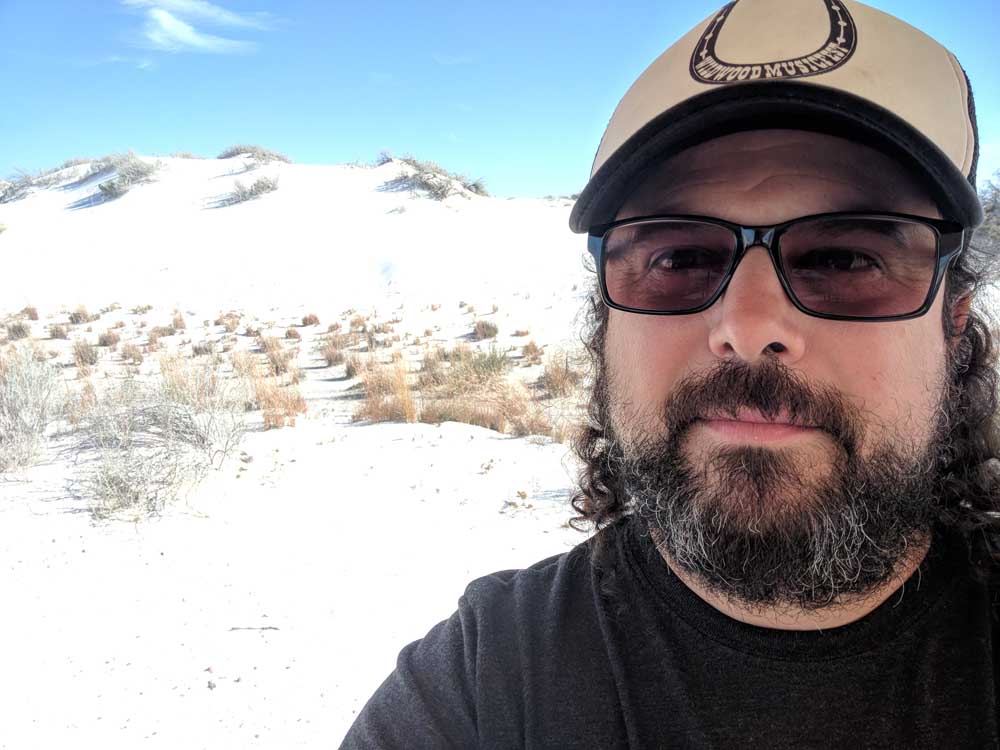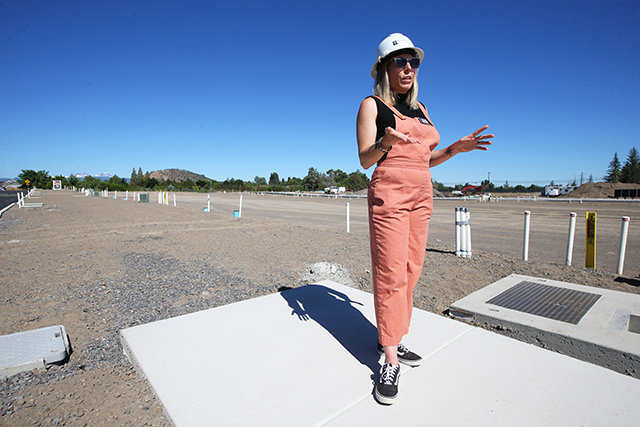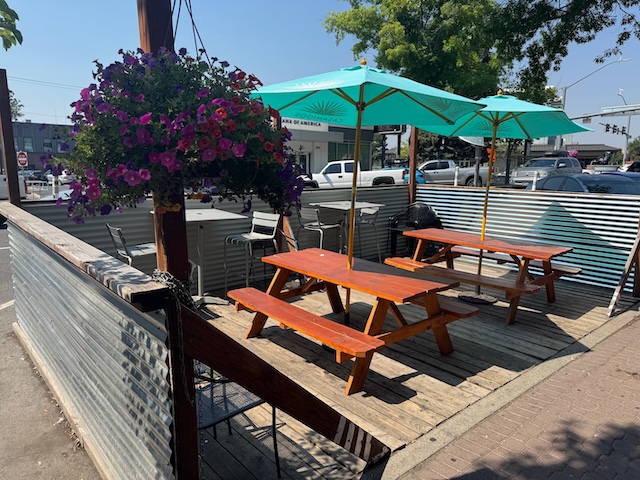Organizations step up to help Oregon musicians
Published 2:45 am Thursday, March 26, 2020

- Portland singer-songwriter Jeremy Wilson started the Jeremy Wilson Foundation in 2010. The foundation is working to create a fund to help musicians who have lost work due to cancellations in the wake of the COVID-19 pandemic.
Portland singer-songwriter Jeremy Wilson has been working almost nonstop for the past couple of weeks.
On March 14, The Jeremy Wilson Foundation — a nonprofit that provides assistance for Oregon and Clark County, Washington, musicians in need of health care or other services — launched the COVID-19 Oregon Musicians’ Relief Fund on gofundme.com. In nine days, the campaign to help musicians who have lost work due to event cancellations raised more than $16,000 in donations toward its $25,000 goal.
Trending
Wilson, known for his work with Dharma Bums and Pilot, also created a resources page on the foundation’s website (thejwf.org/resources). The page includes links to housing and transportation assistance, Medicaid, the Oregon Department of Human Services, the 211 information line and more.
“It’s cool because both the JWF and MusicPortland — we’re starting to both become hubs for people to work things out with and figure things out,” Wilson said. “I’m also in talks with people that are gonna start doing the online shows and all that kind of stuff on a pretty big scale, too. My wife was just like, ‘Dude, are you ever going to get out of your pajamas?’ I’ve been literally waking up and just reaching for the phone and the computer and just going.”
Billboard.com last week published an updating resource guide for music industry professionals who need help due to COVID-19. The guide lists national resources and organizations as well as a state-by-state breakdown; so far The Jeremy Wilson Foundation’s fund is the only resource listed for Oregon other than the state’s employment department.
Wilson started the foundation in 2010 after he was diagnosed with the heart condition Wolff-Parkinson-White, for which he required multiple operations. What started as a $350 deposit in a bank account has grown into an organization that has provided more than $550,000 in grants and assistance to Oregon and Southwest Washington, Wilson said.
The COVID-19 relief fund is meant to specifically help musicians and their dependents who have lost their main source of income due to event cancellations from the pandemic. The foundation’s goal is to open the application process to musicians in early April, Wilson said.
“Everybody — the whole music industry nationwide — just instantly lost their jobs, and so it’s freelancers and independent contractors,” he said. “I wish we could help everybody, (but) we’re focused on the musicians, their dependents, their crew.”
Trending
There are an estimated 20,000 professional musicians and more than 700 music businesses in the Portland area alone, according to a graphic from Portland-based advocacy group MusicPortland (musicportland.org).
The group, founded in September 2018, created an online survey to determine how COVID-19 has affected musicians throughout the state. The initial 988 responses were presented to the governor’s office on March 16, and responses from the second phase — an expanded survey open to everyone who works in the music industry in Oregon — was sent to the governor on March 23.
“That really is trying to articulate something that MusicPortland’s been working on for two years, which is to quantify the size and scope of our local music economy,” said Meara McLaughlin, MusicPortland’s executive director. “And through this emergency, we really opened it up to say, ‘Let’s make sure we’re quantifying this statewide.’”
The survey has been met with appreciation from the music community and some acknowledgment on the federal level, McLaughlin said.
“At the federal level, some of our senators have asked for specific ideas,” she said. “I think (it’s) just making sure that they remember the original gig economy community. They’re thinking about Uber drivers and all these other folks, but those people are actually paid by a company — they’re only paid when they work, but they’re paid by a company. These musicians are independent contractors who are not employed by a venue or the place that they present, so they really do represent a different category.”
MusicPortland also is working with The Jeremy Wilson Foundation in its COVID-19 relief efforts.
Wilson said the money raised will be used to directly help musicians. That might not take the form of payments to musicians, but rather through bill and rental payments, health care or connecting people with needed services.
“In this scenario, we’re considering exactly how it works,” Wilson said. “I know that we’re going to come to a good decision so that we can help as many people in the most need as possible, and do it efficiently and timely. That’s our goals there. … It’s still direct assistance if (money is) paid to a third party. By using that word, direct assistance — it’s a little bit vague, I guess, but it’s not that vague because, you know, ‘Oh my God, my Verizon phone’s about to get turned off; I owe $350 on it for two months,’ or whatever. And literally, somebody from the JWF gets on the phone, calls, pays that bill off and 10 minutes later that person’s phone bill is paid. That’s pretty damn direct.”
On the national level, The Recording Academy of America’s MusiCares foundation is one of the more high-profile charities helping in this crisis. The organization committed $2 million to a COVID-19 relief fund. People can donate to the fund, and musicians and music industry workers can apply for assistance, at grammy.com/musicares/get-help/musicares-coronavirus-relief-fund.
The Jeremy Wilson Foundation’s resource page lists MusiCares, as well as links to other relief funds from Sweet Relief, Music Maker Relief Foundation, the Facebook Small Business Grants Program and more. The page also compiles organizations offering services to out-of-work music industry folks, including Backline, which started hosting an online support group.
“The one thing that everybody can get out of this: We might not be able to help everybody with the money, but we can help everybody (by directing) them to other funded organizations,” Wilson said.








